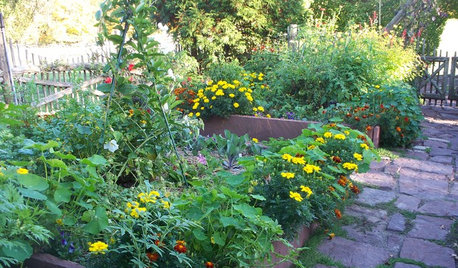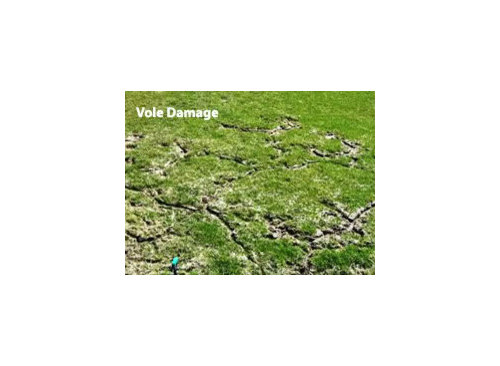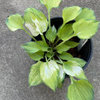Organic Control for Voles - Castor Oil
Steve Massachusetts
12 years ago
Related Stories

GARDENING GUIDESOrganic Matters: Thwart Insect Pests With Trap Crops
Add a few sacrificial plants to your garden to lure insects away from the harvest
Full Story
EDIBLE GARDENSHow to Grow Your Own Sweet Summer Crops
This guide will help any gardener get started on growing the freshest warm-season veggies and berries for summer
Full Story
MATERIALSInsulation Basics: What to Know About Spray Foam
Learn what exactly spray foam is, the pros and cons of using it and why you shouldn’t mess around with installation
Full Story
EARTH DAYThe Case for Losing the Traditional Lawn
Work less, help the environment and foster connections by just saying no to typical turf
Full Story
EDIBLE GARDENSSummer Crops: How to Grow Tomatoes
Plant tomato seedlings in spring for one of the best tastes of summer, fresh from your backyard
Full Story







hostaLes
in ny zone5
Related Professionals
North New Hyde Park Landscape Architects & Landscape Designers · Palm Springs Landscape Architects & Landscape Designers · Salem Landscape Architects & Landscape Designers · Surprise Landscape Contractors · Ashburn Landscape Contractors · Glendale Heights Landscape Contractors · Placerville Landscape Contractors · North Hills Landscape Contractors · Chicago Fence Contractors · Englewood Fence Contractors · Hammond Fence Contractors · Libertyville Fence Contractors · Sandy Springs Fence Contractors · Spanaway Fence Contractors · Sun City Fence ContractorshostaLes
Babka NorCal 9b
User
daniss
Steve MassachusettsOriginal Author
in ny zone5
Babka NorCal 9b
in ny zone5
daniss
ToadKilla _Parker_CO_z5
GreenGal